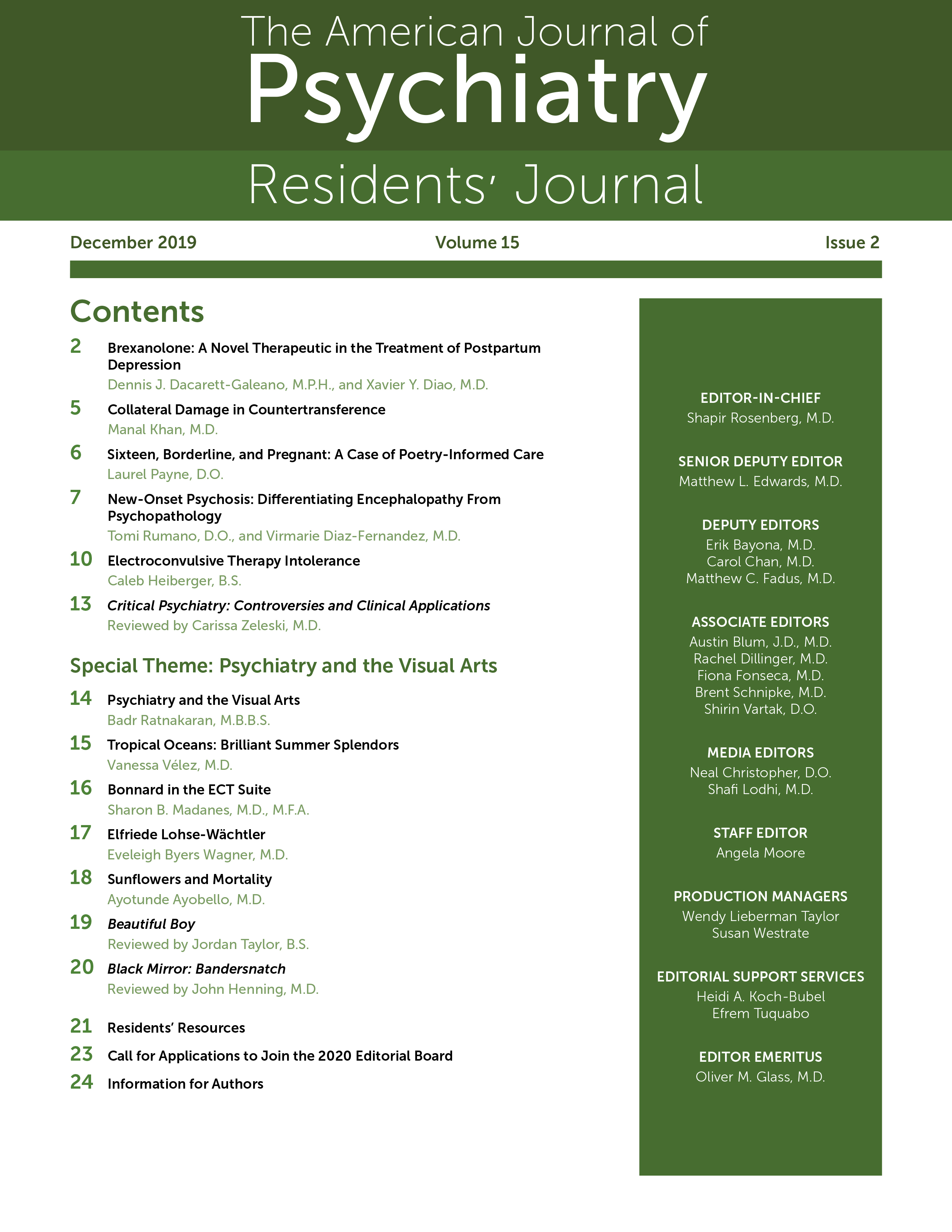The negative stigmatization of addiction is pervasive and characterized by a loss of self-control, a weakness of the will, and a beacon of one’s immorality (
1). In media, these attributes are amplified by common tropes, such as the deadbeat alcoholic parent (
Because of Winn-Dixie, 2005); the burned out, heroin-addicted musician (
Walk the Line, 2005), and the cocaine-fueled business executive (
The Boiler Room, 2000).
Beautiful Boy, a film centered on addiction and directed by Felix van Groeningen, makes a strong effort to portray how the disease process affects a person, resulting in behavior that damages strong relationships and forces individuals into a cycle of recovery and relapse.
Beautiful Boy is based on journalist David Sheff and his son Nic’s memoirs,
Beautiful Boy: A Father’s Journey Through His Son’s Addiction and
Tweak: Growing Up on Methamphetamines, respectively (
2,
3). Centered on this duo’s grinding yet inseparable relationship,
Beautiful Boy portrays the journey of caring for a loved one fighting with addiction. Steve Carrell (as David) offers a sincere portrayal of a parent struggling with the recovery and relapse of his son. Throughout the film, he is the subject of damage within the family each time Nic (portrayed by Timothée Chalamet) relapses. The drive to understand his son’s behavior leads to intense moments of discovery, such as finding his son’s hidden notes, consulting addiction scientists, and even personal experimentation with methamphetamine. Each time a discovery is made, he is left believing that he has found the key to understanding the truth of addiction, until his son relapses once again.
The subplot of the film explores Nic’s experience of addiction. He is forced to hide his drug use from his family, resulting in an erosion of trust and loss of classic life milestones, such as attending college, gaining financial independence, and establishing a family. Throughout the film, it is emphasized that his need to use drugs drives his behaviors. Still, Nic does not demonstrate a lack of self-control, nor is he weak-willed. This is highlighted by his long periods of sobriety, his dedication to treatment institutions, and his love for his family.
Nic’s drug use and David striving for his son’s recovery causes these two characters to clash. During these unsettling moments, Nic is not the dangerous "druggie" the media commonly portrays. He appears malnourished and disheveled, his mood is depressive and anxious, and he exhibits insight that he cannot care for himself. Like most persons struggling with addiction, he is not aggressive and commits only crimes of acquisition (
4). By enabling us to view individuals with addiction disorders as ill, van Groeningen shows us why families devote their time and finances to treatment, even with the expectation that relapse will likely occur.
In 2018, seven million Americans self-reported having a substance use disorder (
5). During their lifetimes, most Americans will interact with someone struggling with addiction. Film is an easily accessible medium, and because the focus of
Beautiful Boy is on addiction as a disease, it has the potential to be a teaching tool for a mass audience that can reverse the stigma of addiction.

